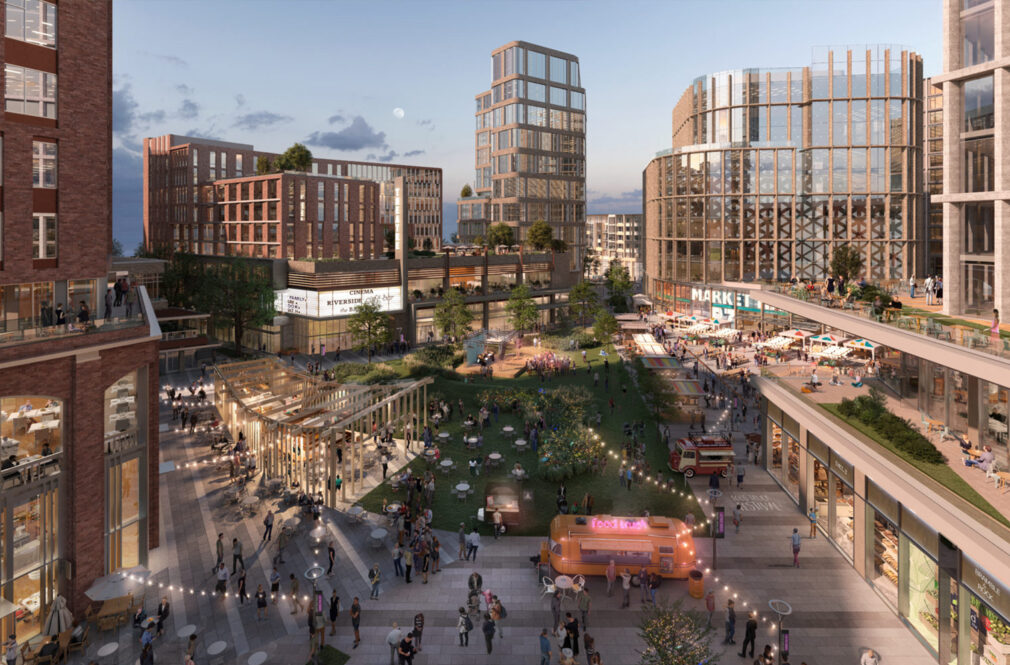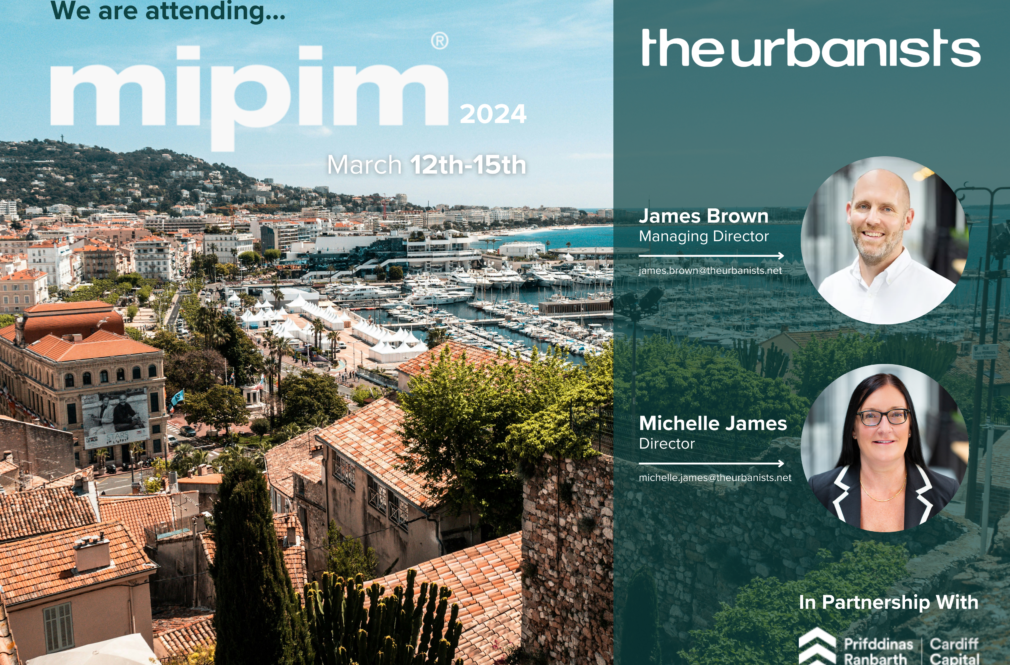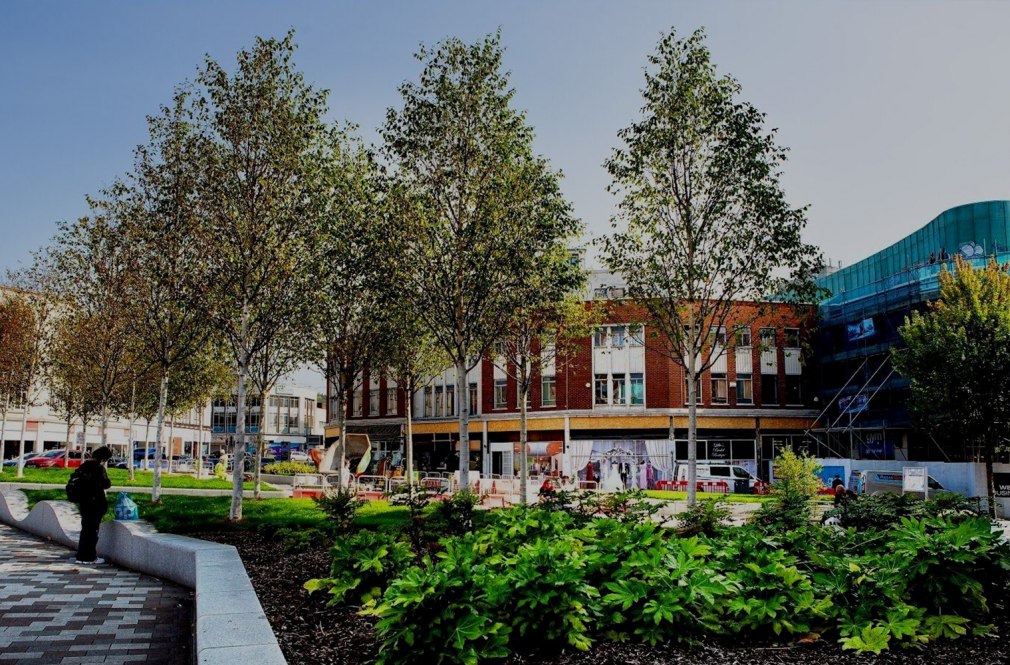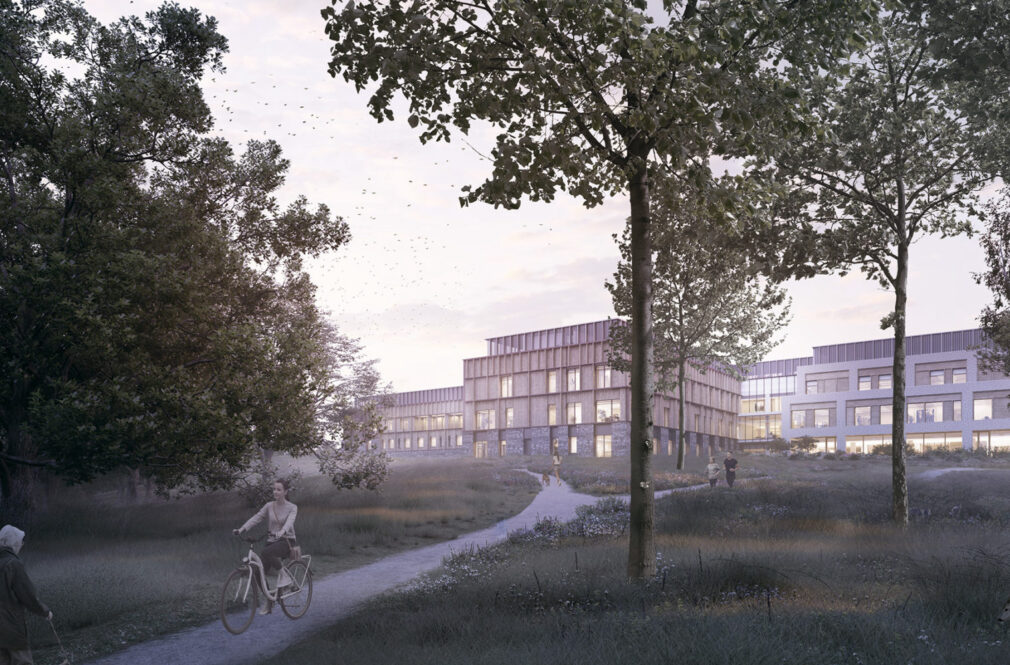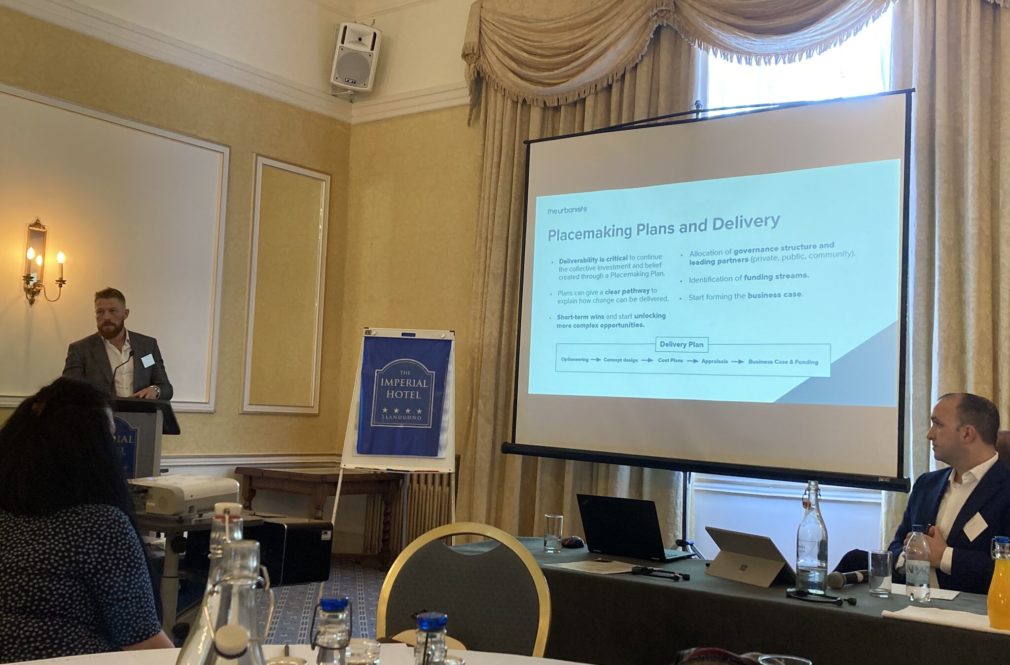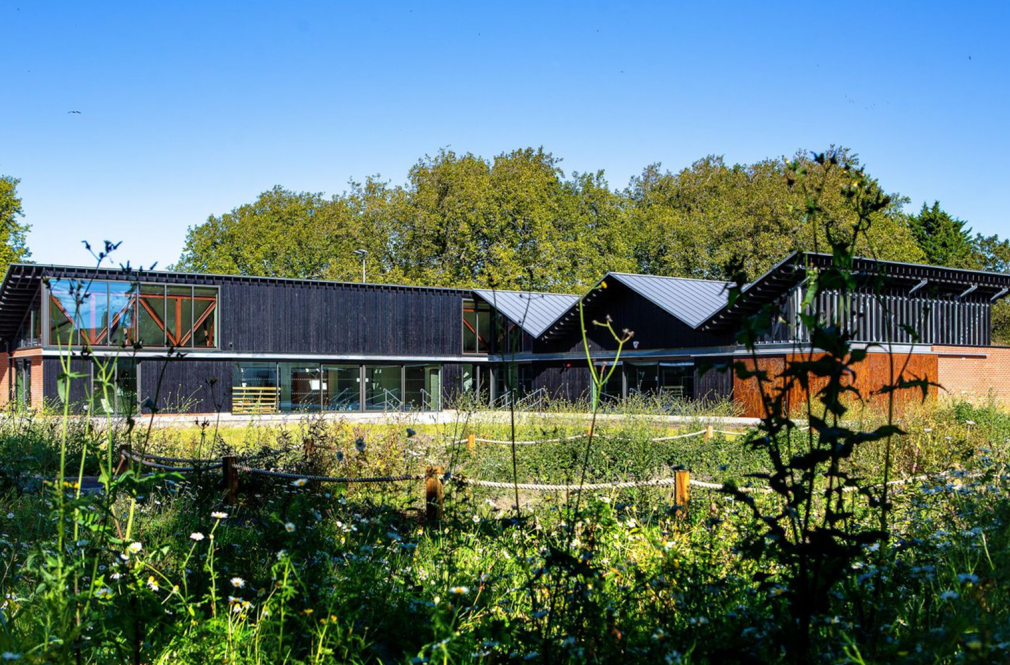The New NPPF – Turkey without the Trimmings
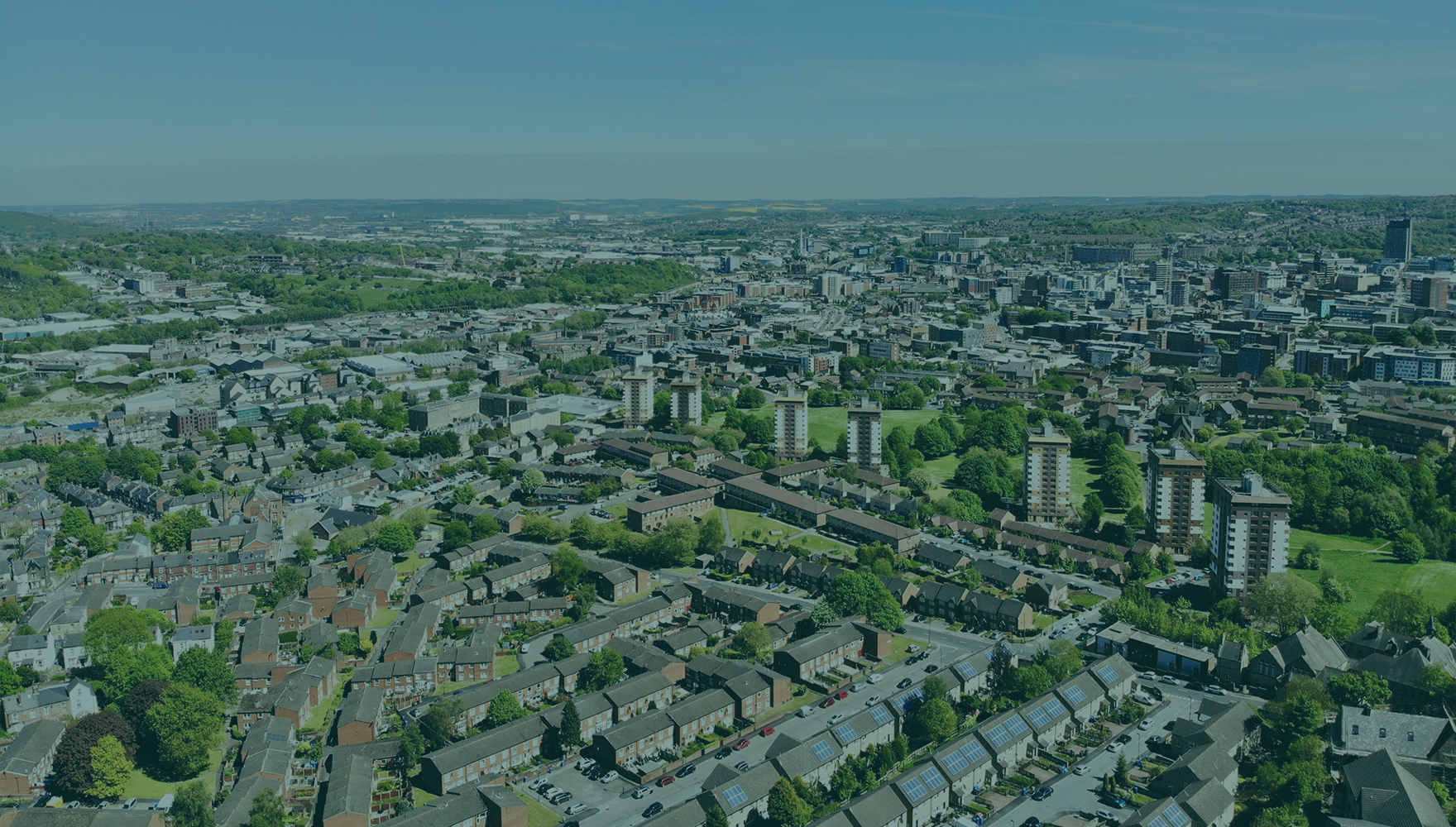
They say that Christmas is a time for giving, but there seems little in the latest changes to the National Planning Policy Framework to bring much festive cheer to many.
While much has been promised in the LURB, the latest planning changes have the feel of tinkering around the edges of the issues, without getting to the root cause.
Housing is the answer
The main intent appears to be to incentivise quicker plan-making by local authorities, which remains an ongoing challenge. The key lever is to reduce the use of the presumption in favour of sustainable development to secure approval for schemes that otherwise conflict with an authority’s spatial strategy. This is done through a menu of interventions, including removing the need for annual 5-year housing land supply updates and the 20% buffer requirement (where delivery falls below 85%) where a plan is in place; and reducing the requirement to 4 years where plans are at an advanced stage. Areas with a neighbourhood plan in place that allocates at least one housing site are also exempted from speculative development for 2-5 years.
There is recognition of the historic flaws with the standard method for calculating housing need, with language softened to allow local deviations where ‘exceptional circumstances’ justify an alternative approach, for example, due to local demographic factors. This is balanced with stronger restrictions on ‘exporting’ the urban uplift in the 20 most populated urban areas to adjacent authorities, to promote densification, and regeneration and avoid extended wrangling over where housing delivery falls.
Diversifying supply – undoubtedly a critical issue in addressing the housing shortfall – is also given some airtime, with measures to boost community-led housing including an exception site policy and encouraging the use of other tools, such as ‘permission in principle’ and Local Development Orders to aid their delivery. The latter is also supported by £5m in funding for what presumably will be a series of pilots. It will be interesting to see the role this could play in locking smaller urban sites in particular, with Bristol Housing Festival undertaking some interesting research into this area.
But what about design?
Design and placemaking do feature, albeit to a fairly limited extent, with language around beauty reinforced; and the recognition that densification should not be completely at odds with local character. This could help counteract the misinterpretation of ‘high density’ being a substitute for ‘high rise’, to the detriment of wider placemaking.
And the environment?
Environmental enhancement and energy efficiency feature largely as a footnote and are framed around ‘security’ rather than an end in themselves. Specifically, greater policy weight is given to energy efficiency in the adaptation of buildings, while stronger protection is afforded to agricultural land for food production.
It’s all in the process
Other proposed or adopted changes beyond the remit of the NPPF and generally focused on process are likely to give some comfort to developers, including standardising the use of Planning Performance Agreements, measures for speeding up statutory consultee comments, measures around committee decision-making and publishing a local authority performance dashboard. While some increase in funding will help local authorities address resourcing and other issues holding up development, including the recent fee hike, skills funding, and the Local Nutrient Mitigation Fund.
The reception
This is not revelatory stuff and has received (at best) mixed reviews from the sector. There are overriding themes of dismay at the relaxation of housing targets among developers, while it is felt the government is side-stepping tough decisions on greenbelt land release. Local authorities have also complained of the funding being too little to address resourcing and skills shortfalls.
Some conclusions – ‘must try harder’…
Overall, while the tacit acknowledgment of the failure to deliver enough sustainable, coordinated, high-quality development is welcomed, the sense of a lack of ambition and big ideas remains. Piecemeal policy has delivered piecemeal development characterised by a lack of vision. Placemaking should run from national to local level, with a spatial plan at each scale. How else do we deliver housing, jobs, and infrastructure in a coordinated way that will achieve net zero?
The Welsh Government’s approach offers an interesting counterpoint in this regard, with a national spatial plan, Placemaking Charter, and a more proactive and interventionist role in development delivery giving a stronger steer. The government would do well to look over the bridge for inspiration.
Hopefully 2024 will bring some clearer and more joined-up thinking around the role planning and the development sector can play in addressing the challenges we face, alongside the funding and resources to deliver it. Only time will tell….


